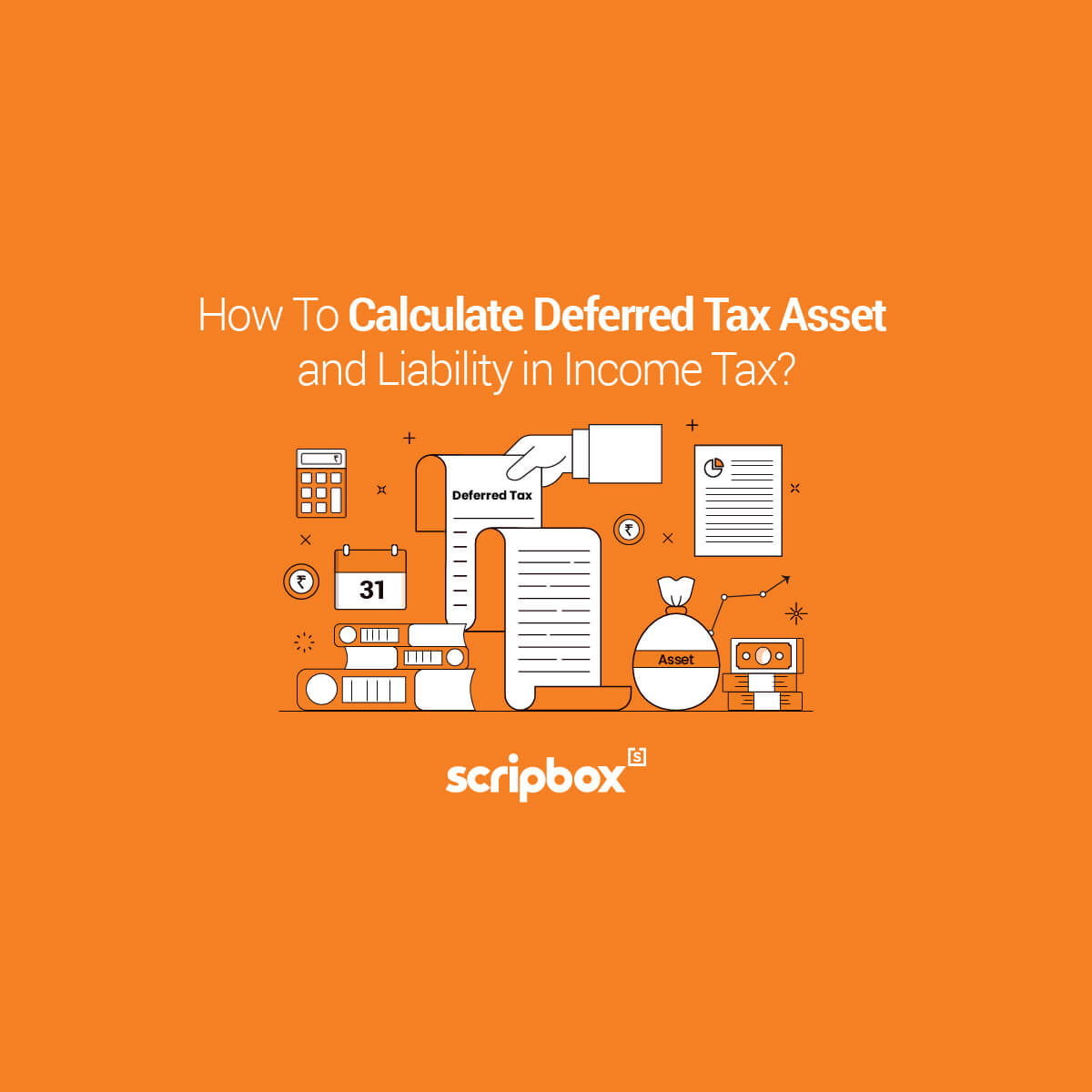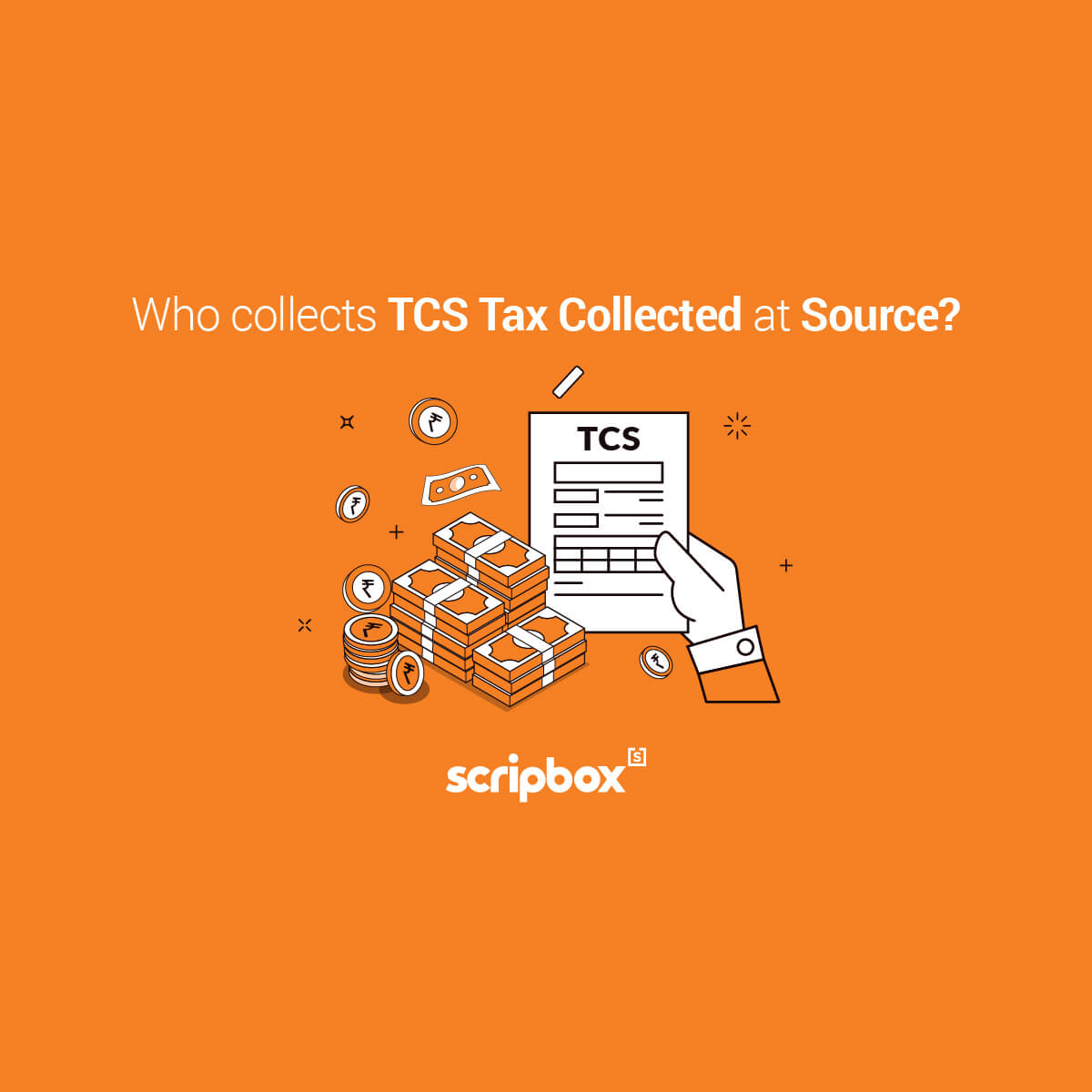Income from other sources is one of the heads for the classification of income as per the income tax. It can be considered as a residuary head of income that covers all the incomes which are outside the scope of other heads of income. Therefore, incomes that do not fall under any other head of income are classified as income from other sources.
What are the 5 sources of income?
A taxpayer might earn income through different sources. For example, a salaried employee earns income by way of salary. He might also have invested in the shares of some listed companies from which he might get a dividend. Furthermore, he might also get interested in his savings account and fixed deposits. For the purpose of income tax, the income earned by a taxpayer is classified under the below heads:
Income from Salary:
Income from Salary, a pension earned by an individual is taxed under this head of income. In effect, every payment made by an employer to his employee can be chargeable under salaries. An employer-employee relationship must exist in order to attract taxability under this head.
Income from house property:
Rental income earned by a taxpayer is taxable under the head income from house property. The income is dependent on the annual value of the property which is calculated as per the provisions of section 23.
Profits and gains from business or profession:
The income derived from carrying on any business or profession will be classified as under this head. For example, an auditor, lawyer, doctor, etc. are persons who can be said to be carrying on a profession and not a business.
Income from Capital Gains:
Profits on the sale of a capital asset, say land, are taxable under this head. This will be taxed in the year in which the transfer took place. Furthermore, there should be a gain or a loss as a result of the transfer.
Income from other sources:
Any income which cannot be classified under the above four heads of income forms part of this head. It is to be noted that for any income to form part of this head, it should be chargeable to tax as per the provisions of the act.
The income covered under income from other sources:
Below are the various incomes classified under income from other sources:
| Particulars | Amount | |
| Dividend Income | xx | |
| Sum of money or property received by any person | xx | |
| Interest received on compensation or enhanced compensation deemed to be the income in the year of receipt | xx | |
| Any income which does not fall under any other head of income | xx | |
| The compensation received by an employee due to termination of his employment | xx | |
| Casual income such as winning from lotteries, crossword puzzles, horse races, cards, and other games. | xx | |
| Consideration received in excess of the fair market value of a closely held company where the shares are issued at a premium. | xx | |
| Remission or cessation of a trading liability or receipt of any amount in respect of loss allowed as a deduction in the earlier previous year | xx |
Expenses not allowed as a deduction under income from other sources
The following expenses are not deductible while computing the income chargeable under the head income from other sources:
- Any personal expenses are done by the assessee
- An interest which is payable outside India and is chargeable to tax in India on which tax has not been deducted
- Any payment which is taxable under the head salaries which is payable outside India and the tax has not been deducted on the same.
- 30% of the sum payable to a resident on which tax is deductible at source if such tax has not been deducted or after deduction has not been paid on or before the due date of return
- Any expenditure in respect of which a payment is made to a related party, to the extent it is considered excessive by the assessing officer having regards to the fair market value
- Any expenditure exceeding Rs. 10,000 is made to a person by modes other than account payee cheque, bank draft, or ECS or other electronic means such as credit card, debit card, net banking, IMPS, BHIM Aadhar Pay, NEFT, etc.
Expenses allowed as a deduction under income from other sources
Below are the expenses that are allowed as a deduction under income from other sources under section 57:
- In the case of interest on securities, any commission or remuneration paid to a banker or any other person
- In the case of family pension, 33-⅓% of such income or Rs. 15,000 whichever is less
- For interest on compensation or enhanced compensation received – 50% of such interest
- Any other expenditure not in the nature of capital expenditure which is incurred wholly and exclusively for the purpose of earning such income.
- Current repairs to the machinery, plant or furniture, insurance premium, depreciation in the case of income from letting on hire of machinery, plant and furniture
- Interest expenditure is allowed as a deduction subject to a maximum of 20% of such income in the case of dividends or income in respect of units of a mutual fund
How to fill ‘Income From Other Sources’ in ITR?
While filing the income tax return for any assessment year, the taxpayer is required to disclose their every income. The assessee is required to fill the details of the income from other sources under schedule OS. Below are a few components of the section:
- Gross interest income
- Dividends, gross
- Rental income from machinery, plant, etc, gross
- Sum of money received as a gift if exceeding Rs. 50,000
- Winnings from lotteries, crossword puzzles
- Any other income chargeable to tax at special rates
Tax on the interest income from a savings bank account
Tax on Interest Income
The interest received by a taxpayer during a financial year is taxable under the head income from other sources. This is applicable to all individuals residents. Furthermore, the income tax act also allows a residential individual or HUF deduction on interest income under section 80TTA. As per the provisions of the section, interest earned up to Rs. 10,000 in a financial year is exempt from tax. The following deduction is allowed under the section for interest income earned from:
- Savings account with a bank
- Savings account with a post office
- Lastly, savings account with a cooperative society carrying on the business of banking
Deduction for senior citizens:
The provisions of section 80TTA are not applicable to a senior citizen. Senior citizens are allowed a deduction of lower of Rs. 50,000 or the amount specified from their gross total income. Specified income is any of the following income in aggregate:
- Interest on bank deposits (savings or fixed);
- Interest on deposits held in a co-operative society engaged in the business of banking, including a co-operative land mortgage bank or a co-operative land development bank; or
- Lastly, Interest on post office deposits
Form 15G and Form 15H
If the total income of the assessee is below the exemption limit, the assessee can request the bank not to deduct tax on the interest income by submitting Form 15G & 15H. While submitting the same, PAN is mandatory to be quoted. Several banks provide the facility of submitting the form online through the bank’s website.
Tax on the interest income from fixed deposits:
Tax for taxpayers & senior citizens:
The interest on fixed deposits received by an assessee has classified under the head of other sources and is taxed at the rates applicable to the assessee. The TDS on interest is deducted at the time when it is earned and not when it is paid. This means that the banks will deduct the tax at the time of the credit to the account of the assessee and not when the deposit matures.
Let us understand the above with the help of an example. Suppose Amit has 2 fixed deposits with a bank of Rs. 2,00,000 each for a period of 3 years @ 7% interest per annum. In the first year, the total interest earned by Amit would be Rs. 14,000. Hence in this case the bank is not liable to deduct tax at source since the interest credited is less than Rs. 40,000.
The bank is not required to deduct any tax at the source if the interest income from all the fixed deposits is less than Rs. 40,000. In the case of a senior citizen, the limit is Rs. 50,000. In a case where the PAN is not provided to the bank, they can deduct 20% tax on the interest.
Check Out Income Tax For Senior Citizens
Form 15G & 15H:
If the total income the assessee is below the exemption limit, the assessee can request the bank not to deduct tax on the interest income by submitting Form 15G & 15H. While submitting the same, PAN is mandatory to be quoted. Several banks provide the facility of submitting the form online through the bank’s website.
In the case of a dividend income, the resident individual can submit the form 15G to the company or the mutual fund paying the dividend provided his income is below the exemption limit. Similarly, a senior citizen can submit form 15H provided the total income is nil.
The company informs the shareholders of their registered mail id and requires them to submit Form 15G or 15H as applicable in order to claim the dividend without tax deduction.
Tax on Dividend Income
The meaning of the term dividend has a broader coverage under the income tax act. The following receipts are also considered as dividend income for the purpose of the act:
- Distribution of accumulated profits as a result of the release of the company’s asset
- Distribution of debentures, deposit certificates to shareholders, and bonus shares to preference shareholders
- Any distribution made by a company to its shareholders on liquidation
- Any distribution to its shareholders on the reduction of capital by a company
- Loan or advance is given by a company to its shareholders
Let’s discuss the tax implications of the dividend income:
Dividend received from a foreign company :
A dividend received from a foreign company is taxable in the hands of the shareholder. The same will be charged to tax under the head “income from other sources.”
Dividends received from a foreign company will be included in the total income of the taxpayer and will be charged to tax at the rates applicable to the taxpayer. For example, if the taxpayer falls in the 30% tax slab rate, then the dividend received by them will also be taxable at 30%. The rate shall be increased by health & education cess.
Furthermore, in the case of a dividend received from a foreign company, the investors can claim deduction only for the interest expense restricted to 20% of the gross dividend income.
Dividends received from an Indian company and mutual funds:
Up until 31st March 2020 (the financial year 2019-20), the dividends received by the shareholders from the Indian company were exempted from tax. This was because the company declaring such dividends paid the distribution tax before making the payment.
This was changed and Finance Act 2020 bought a change in the taxation of dividends. As per the relevant provisions, the dividend received on or after 1st April 2020 will be taxable in the hands of the shareholders. The dividend distribution liability levied in the hands of the company stands withdrawn. Furthermore, the provisions of section 115BBA which provided for tax @10% on dividends received by individual shareholders, HUF & firms in excess of Rs. 10 lakhs also stand withdrawn.
In a case where dividends have been distributed by a domestic company before 01.04.2020 and received by the shareholders on or after 01.04.2020 shall be exempt in the hands of the shareholders.
Furthermore, tax at source is also required to be deducted on dividend distribution by companies and mutual funds on or after 1 April 2020. The normal rate of TDS, in this case, is 10% on dividend income paid in excess of Rs 5,000 from a company or mutual fund. However, as a COVID-19 relief measure, the government reduced the TDS rate to 7.5% for distribution from 14 May 2020 until 31 March 2021.
Illustration on Tax on Dividend Income For an Individual
Let us understand the above with the help of an example. Suppose Mr. A received a dividend amounting to Rs. 10,000 from a domestic company XYZ Limited on 18th July 2020. Since the dividend exceeds Rs. 5,000, the company is required to deduct tax at the rate of 7.5% amounting to Rs. 750. Mr. A will receive the balance amount of Rs. 9,250. Furthermore, the dividend received by Mr. A will be taxed at the applicable slab rates.
The Finance Act, 2020 further also provides for deduction of interest expense incurred against the dividend. The deduction should not exceed 20% of the dividend income received. However, the shareholder cannot further claim a deduction for any other expenditure incurred for earning the dividend income. Continuing the above example, if Mr. A borrowed money to invest in equity shares and paid interest of Rs 5,700 during FY 2020-21, only Rs 2,000 is allowable as an interest deduction.
Which income from other sources is not taxable?
In the case of a resident individual who is of the age of 60 years or less or HUF, the interest earned from savings account up to Rs 10,000 in a financial year is exempt from tax. The following deduction is allowed on interest income earned from:
- savings account with a bank;
- savings account with a co-operative society carrying on the business of banking; or
- lastly, savings account with a post office
It is to be noted that senior citizens are not entitled to benefits under section 80TTA.
You can also read our article on Capital Gain Bonds
Frequently Asked Questions
Income from other sources is one of the heads for the classification of income as per the income tax. It can be considered as a residuary head of income that covers all the incomes which are outside the scope of other heads of income. Therefore, incomes that do not fall under any other head of income are classified as income from other sources.
Income which does not form part of the salary, business, or profession, capital gain and house property is classified under income from other sources. A few examples of income classified under other sources include a dividend income, casual income, consideration received as a gift, etc.
As per the provisions of the act, money received from a “relative” is not taxable under any source of income. Furthermore, the definition of “relative” includes the father. Hence, the amount received from the father in the form of cash will not be taxable under the act.
The prize money received from the game show will be taxable as income from other sources in the hands of the participant. In such a case, tax at the source will be deducted from such sum at the time of payment at the rate of 30%. Alternatively, the participant may be required to pay tax on the winnings at the applicable rates to them.
Recommended Read: Form 13 in Income Tax
Related Articles
- What are the 5 sources of income?
- The income covered under income from other sources:
- Expenses not allowed as a deduction under income from other sources
- Expenses allowed as a deduction under income from other sources
- How to fill ‘Income From Other Sources’ in ITR?
- Tax on the interest income from a savings bank account
- Tax on the interest income from fixed deposits:
- Tax on Dividend Income
- Which income from other sources is not taxable?
- Frequently Asked Questions






















Show comments